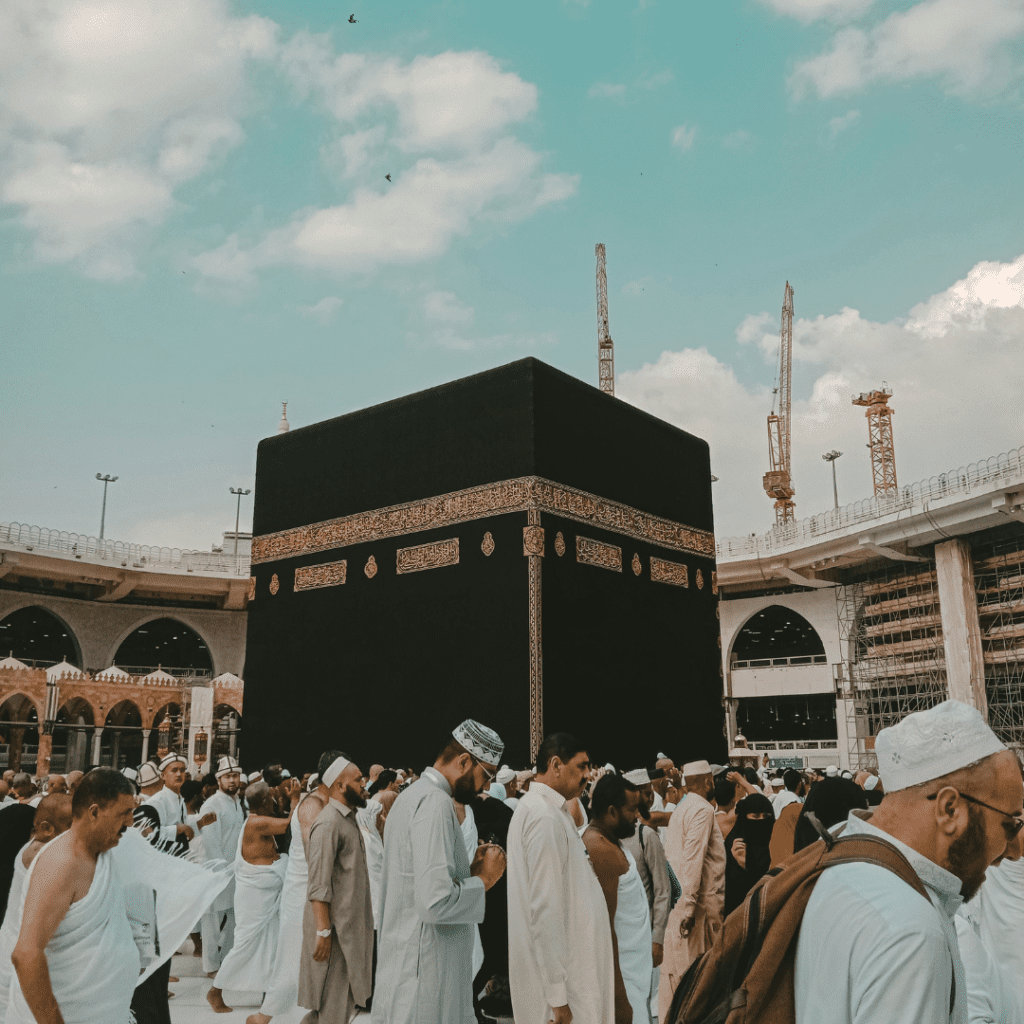Umrah, a sacred pilgrimage to the holy city of Makkah, is a profound act of worship in Islam. Unlike Hajj, Umrah is not obligatory but holds immense spiritual significance, offering Muslims an opportunity to seek closeness to Allah and renew their faith. This guide outlines the steps, from preparation to completion, ensuring a fulfilling Umrah experience.

Understanding Umrah
Definition and Significance
Umrah, often referred to as the “lesser pilgrimage,” involves specific rituals performed in Makkah. It is a deeply spiritual act symbolizing humility, devotion, and the cleansing of sins.
Difference Between Umrah and Hajj
While both are acts of worship, Umrah differs from Hajj in several ways:
- Hajj is obligatory (once in a lifetime if conditions allow) and performed during specific days in Dhul-Hijjah.
- Umrah is voluntary and can be performed at any time of the year.
Best Times to Perform Umrah
The best periods to perform Umrah include:
- Ramadan: The rewards for Umrah during Ramadan are considered equivalent to Hajj.
- Off-peak seasons: Performing Umrah outside Ramadan and Hajj seasons offers fewer crowds and a more peaceful experience.
Preparing for Umrah
- Obtaining Necessary Documents
- A valid passport.
- Umrah visa (applied through authorized agents or online).
- Vaccination certificates (e.g., meningitis).
- Booking Travel and Accommodation
- Choose packages that include flights, hotels near Haram, and transport services.
- Packing Essentials
- Ihram garments (for men) and modest clothing (for women).
- Comfortable footwear, toiletries, a Quran, and prayer mats.
- Physical and Spiritual Preparation
- Stay physically fit to manage the rituals, especially Tawaf and Sa’i.
- Make sincere repentance and seek forgiveness before your journey.
Entering the State of Ihram
- Cleansing and Purification
- Perform Ghusl (ritual bath) or ablution.
- Trim nails and remove any unwanted body hair.
- Wearing Ihram Garments
- Men wear two white, unstitched cloths.
- Women wear modest, loose clothing that covers the body, without specific color requirements.
- Making the Intention (Niyyah)
- Make the intention to perform Umrah, saying:
“Labbaik Allahumma Umrah” (O Allah, I respond to Your call to perform Umrah).
- Make the intention to perform Umrah, saying:
- Reciting the Talbiyah
- Recite:
“Labbaik Allahumma Labbaik, Labbaik La Sharika Laka Labbaik, Innal Hamda, Wan-Ni’mata, Laka Wal-Mulk, La Sharika Lak.”
(Here I am, O Allah, here I am. Here I am, You have no partner, here I am. Verily, all praise and blessings are Yours, and all sovereignty. You have no partner.)
- Recite:
Performing Tawaf
- Approaching the Kaaba
- Enter Masjid al-Haram and proceed toward the Kaaba with reverence.
- Kissing or Touching the Black Stone (Hajr al-Aswad)
- If possible, kiss or touch the Black Stone. If not, point toward it with your right hand.
- Circling the Kaaba Seven Times
- Walk counterclockwise around the Kaaba seven times, starting from the Black Stone.
- Recite prayers or dhikr, such as:
“SubhanAllah, Alhamdulillah, Allahu Akbar.”
Completing Sa’i
- Walking or Running Between Safa and Marwa
- Begin at Safa and walk or jog to Marwa, repeating this seven times.
- Proper Etiquette During Sa’i
- Reflect on the story of Hajar (AS) and her trust in Allah.
- Recite supplications, including:
“Rabbighfir warham innaka anta al-‘Aziz al-Akram” (My Lord, forgive and have mercy. Verily, You are the Most Mighty, Most Generous).
Performing Taqsir
- Cutting or Trimming Hair
- Men can shave their heads (Halq) or trim their hair. Women should trim a small portion of their hair.
- Significance of Taqsir
- This act symbolizes humility and submission to Allah.
- Exiting the State of Ihram
- After Taqsir, Ihram restrictions are lifted, completing your Umrah.
Additional Acts of Worship
- Offering Voluntary Prayers
- Pray two Rak’ahs behind Maqam Ibrahim, if possible.
- Drinking Zamzam Water
- Drink from the blessed Zamzam well, a Sunnah act.
- Visiting Important Islamic Sites
- Pay respects at sites such as Jannat al-Mu’alla (cemetery) and Masjid al-Quba (in Madinah, if visiting).
Conclusion
Performing Umrah is a deeply spiritual journey that brings Muslims closer to Allah. By following these steps with sincerity and devotion, you can fulfill the rituals and experience the immense blessings of this sacred act. May Allah accept your efforts and grant you the opportunity to perform Umrah with ease and success.